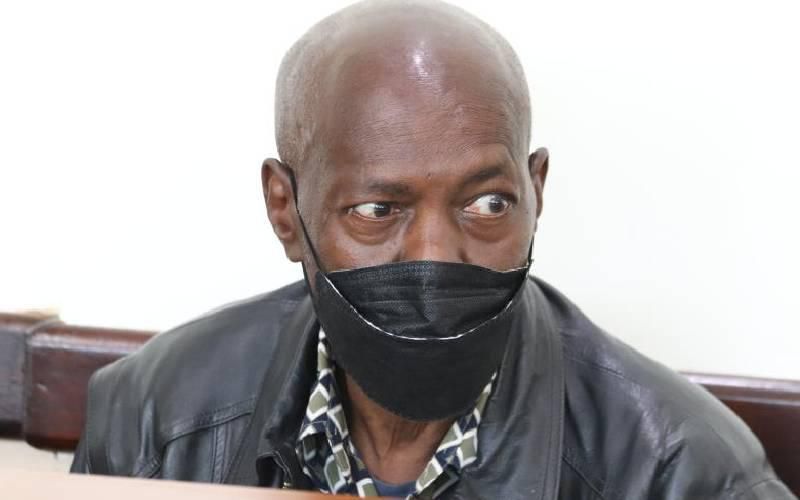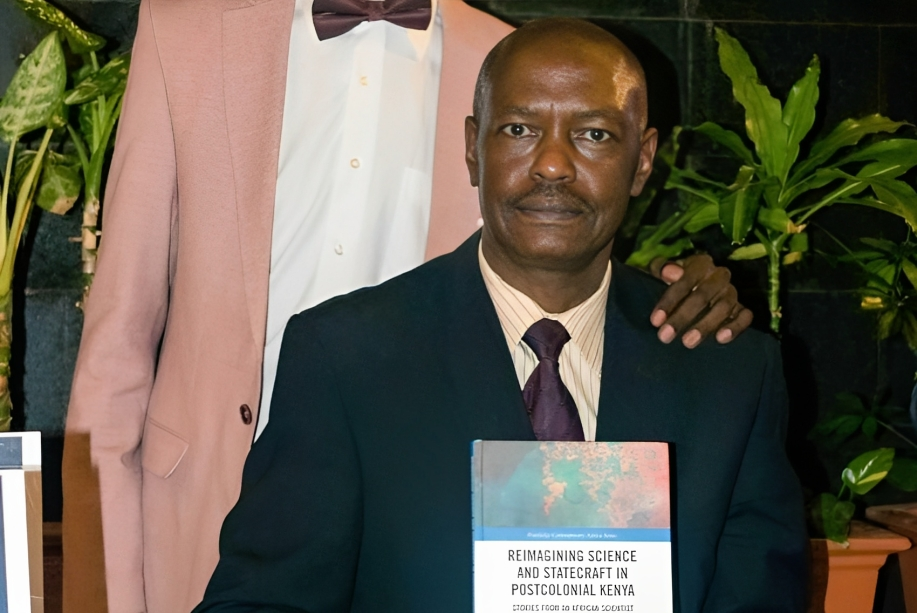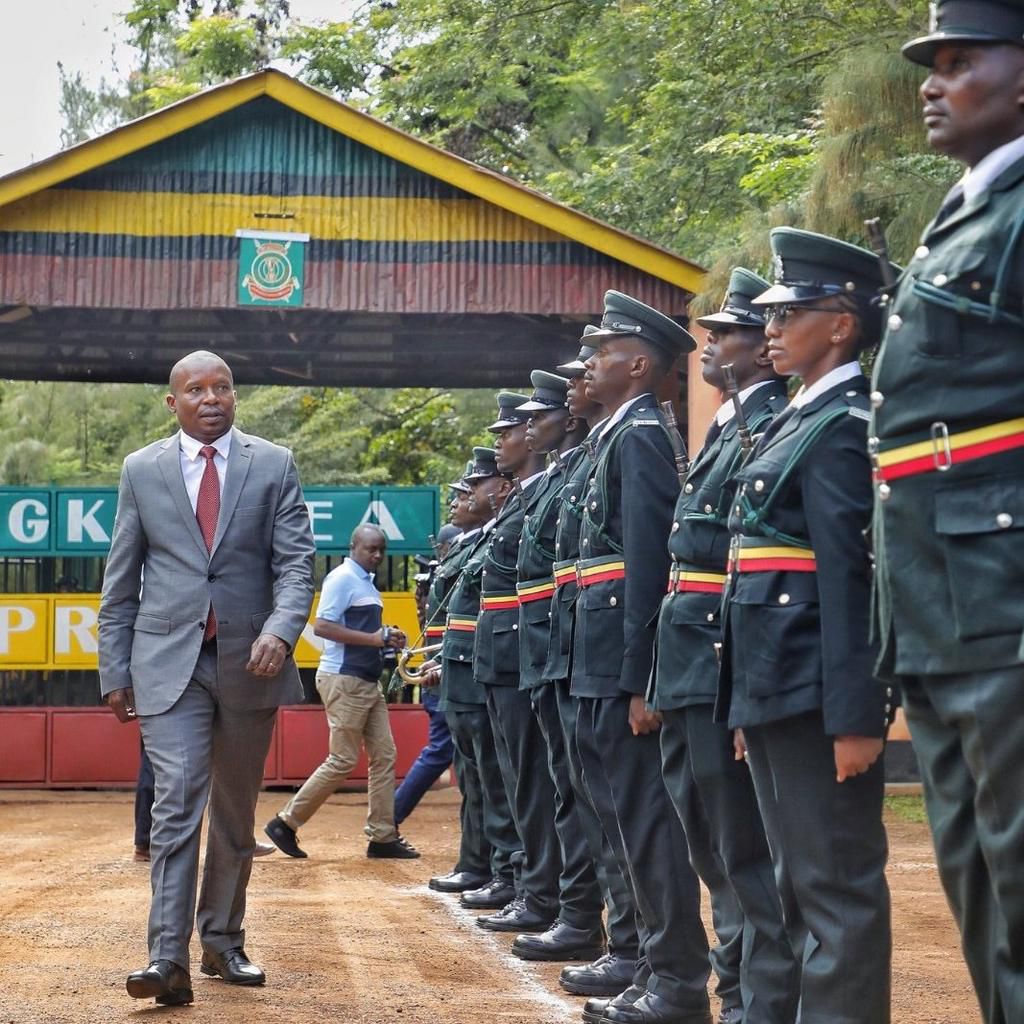Ex-Kemri MD Davy Koech's letter to Ruto from prison that secured his freedom
)
Former Managing Director of the Kenya Medical Research Institute (Kemri), Davy Koech, was granted freedom through the power of mercy after an impassioned letter addressed to President William Ruto.
Koech was among the 37 people who were pardoned by President Ruto in a Gazette Notice issued by Attorney General Justin Muturi on July 21.
After spending a year in prison, serving a six-year jail term, the 71-year-old former MD penned a heartfelt letter detailing his deteriorating health and expressing remorse for his actions.

"I have been in prison for the last one year serving a six-year jail term... Now at 71, and while incarcerated, my health, Sir, has deteriorated. I’ve suffered a severe stroke and I am hypertensive.
“Medical doctors have determined that I am neither fit to stand further trial nor am I able to instruct my legal counsel. Similarly, I’ve suffered depression, I am now stuttering in my speech and of diminished cognition," he wrote to President Ruto in 2022.
In his poignant appeal, Koech also highlighted his dedication and service to the nation throughout his career.
"Sir, though not without fault, I have served Kenya, Africa, and mankind with courage, honour, and sacrifice as Kenya's longest-serving CEO of a State corporation. I helped Kemri to raise, variously, over Sh10 billion in research funds and grants," he humbly stated.
Furthermore, the letter shed light on the toll taken by the lengthy legal battle he had endured.
"Your Excellency, I express profuse remorse. I’ve been punished and have suffered enough, having litigated for over 15 years, expending enormous financial resources and time," he pleaded.
The letter was Koech’s last hope after his pleas to the courts were declined despite arguing that he had already refunded the money he had been accused of diverting.
His sentiments were considered by the Advisory Committee on the Power of Mercy which recommended that President Ruto grant him his freedom.

Process of petitioning the president to exercise the power of mercy in Kenya
Petitioning the president to exercise the power of mercy involves a multi-step process in Kenya.
Article 133 of the Constitution states that any person may petition the president, through the Committee to exercise power of mercy and grant any relief specified in Article 133(1) Section (19) of the Power of Mercy Act.
The petition must meet certain eligibility criteria, including that the person for whom it is made is not on probation or serving a suspended sentence, and does not have a pending judicial remedy before a court.
Once a petition is deemed eligible and admissible, a petition file is opened with a unique petition number.

The committee has the power to call for further evidence, including a prison report, probation officer's report, court documents, medical report, security appraisal report, and petition summary.
If the committee recommends the petition for an interview, the interview date and venue are set.
The committee considers various factors when making a recommendation, including the age of the convicted criminal offender at the time of commission of the offence, the nature and seriousness of the offence, and the post-conviction conduct, character, and reputation of the convicted criminal prisoner.
The president considers the recommendations within sixty days of receipt and either approves or rejects the petition.
The decision of the president for each petition made is final.
A person may re-petition only once and on new grounds, and the procedure for the petition process shall then apply to a re-petition.
)
)
)
)
![Police arrest students caught on camera insulting CSs Matiangi and Amina [Video]](https://cdn.pulse.co.ke/4d15f598-9ef7-40ec-90f9-3598a011d1a5/theme/pmke/assets/image-placeholder-C2jn1AUK.svg)
)
)
)
)